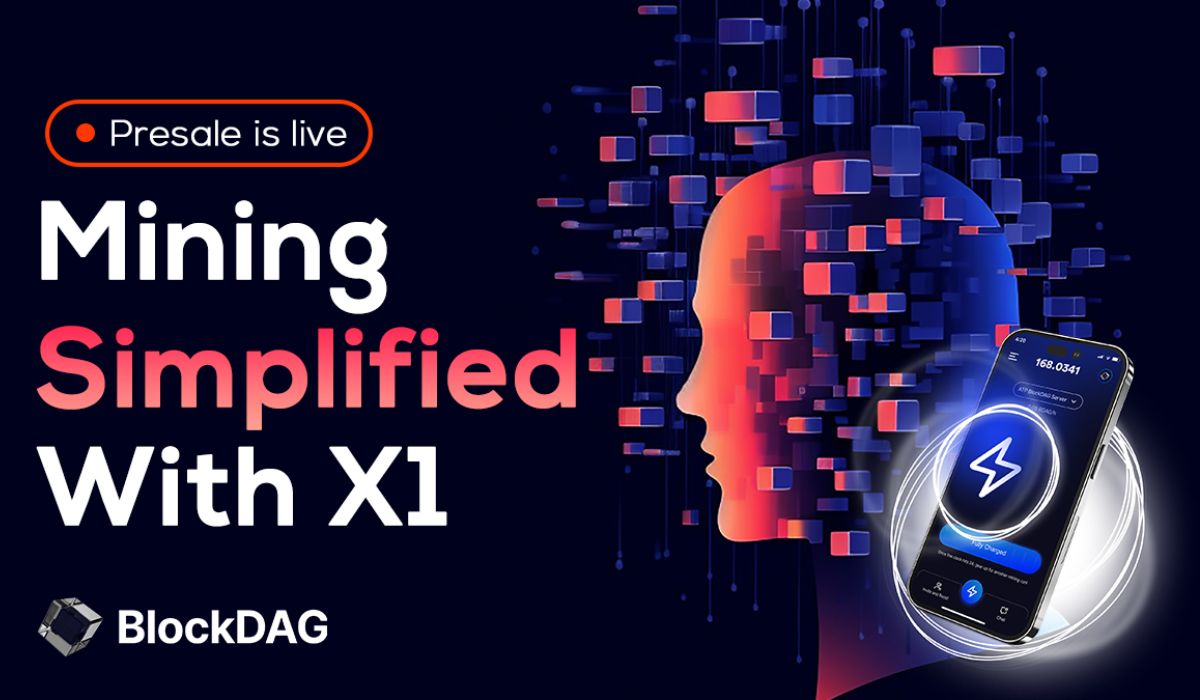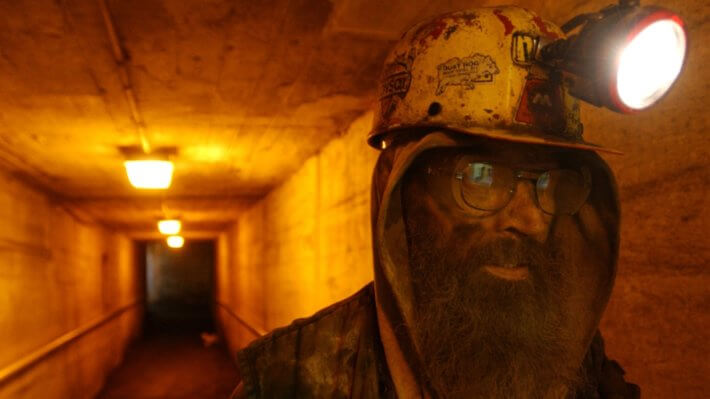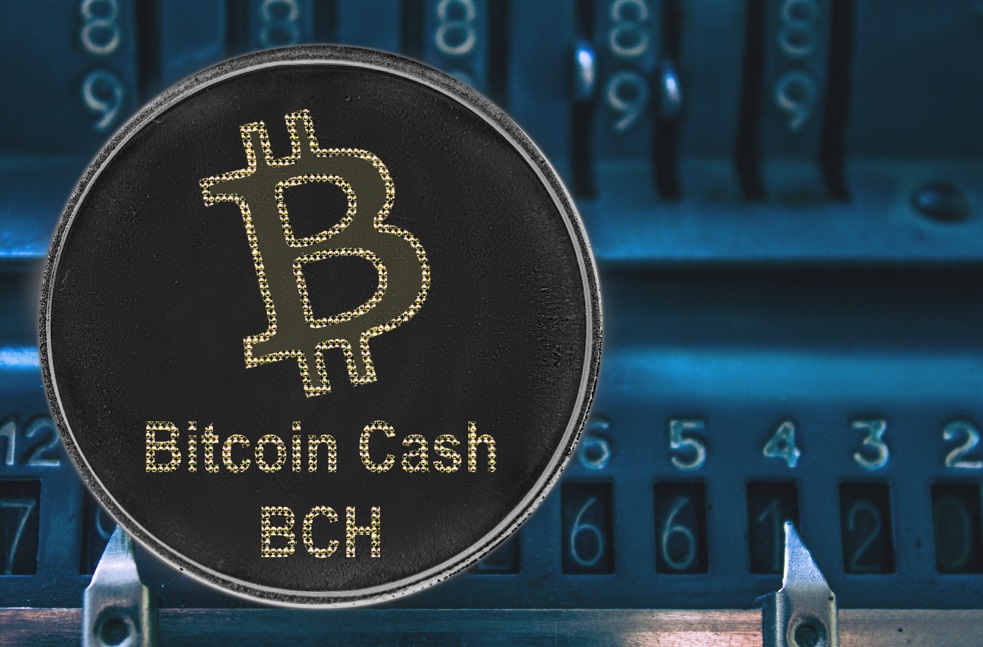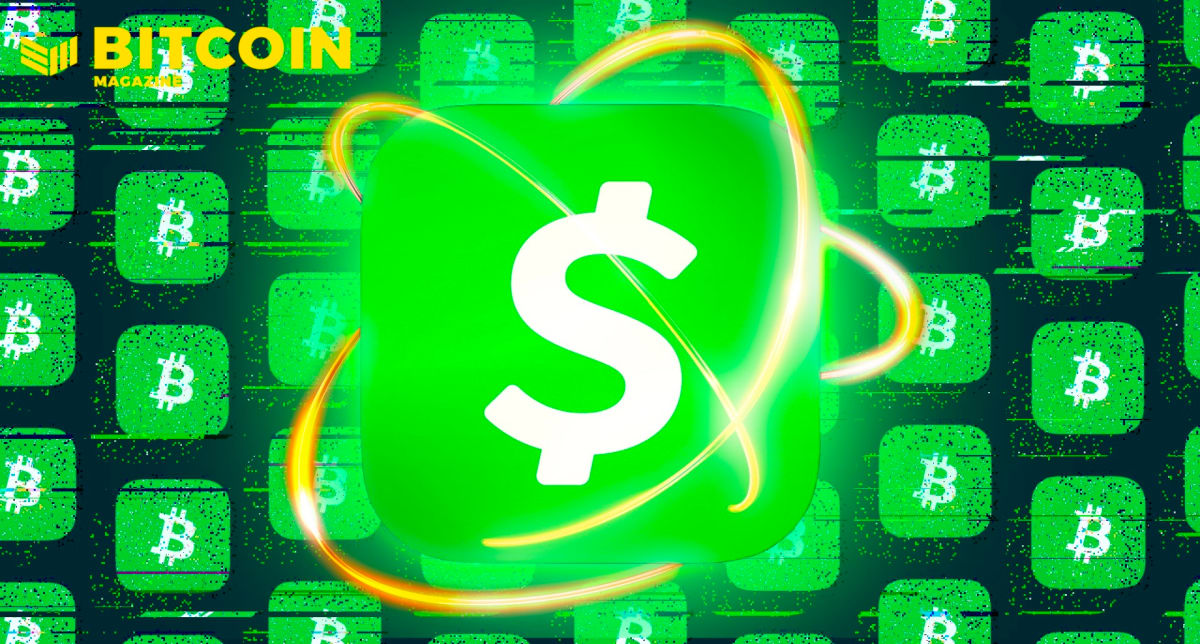2018-11-21 18:35 |
Bitcoin Cash, as many people know, recently split as a result of a hard fork, forming two separate blockchains. While few news sites have reported any negative remarks on the ABC chain, “Satoshi’s Vision” (SV) has been more active. On Monday, two blocks were accidentally overwritten in a block reorganization.
There is a chance that the two blocks were the victims of malicious intent, but that is not the most likely circumstance. Realistically, the temporary reorganization was the result of overloading the blockchain with transactions, due to a scheduled stress test.
The official website for the Bitcoin Cash Professional Stress Test group announced that their goal was to be “the biggest test ever conducted on any public blockchain.” This group primarily is made of supporters of the SV chain, hoping to “showcase the Bitcoin [Cash] network capacity. In their original plan, they aimed to send over 24 million transactions, examining how each side of the fork would deal with the onslaught of blocks.
Jonathan Toomim, a developer for Bitcoin ABC, noted that the stress test only deployed on the Bitcoin SV chain. In a statement to CoinDesk, he said,
“They were trying to spam both BCH and BSV, but they made a mistake and split their coins early on. So, their spam is only reaching BSV.”
When the large transaction volume reached Bitcoin SV, the network hit a mini-fork as the various nodes fell out of sync. To get back in alignment, the forked blocks were brought back to their single chain again, and the blocks had to go through a reorganization. This process often occurs with a proof-of-work protocol. Since there is such a competition to post the next correct block, there is a chance of offering new blocks at the same time, which seemed to be what happened yesterday.
Chief scientist of Bitcoin Unlimited, Peter Rizun, believes that the blocks on the SV chain are presently growing at a rate of “[five] seconds per megabyte.” He added,
“That is very slow … The probability that another block is found in [a] 100-second interval is … 15.3 percent. Normally, the probability of orphaning is below 1 percent.”
Much of the reason for this action seems to be due to the increase to 128MB block size on the chain.
Even though each block is capable of holding more transactions, the network cannot post the blocks without validation. Plus, Tomin explained, “Big blocks take longer to propagate.” He also noted that the same situation would likely not occur with the Bitcoin ABC chain, since they have much smaller block sizes, presenting other technical glitches.
Of Bitcoin Cash ABC, Toomim noted,
“If the same kind of test is done with Bitcoin ABC, Bitcoin ABC will have about the same throughput but because we have limits in place the excess transaction will be either delayed or ignored, usually delayed.”
Continuing, he noted that delaying this kind of traffic during stress tests makes it easier to maintain a chronological order, letting the blocks post faster and ensuring that “the entire network to operate more efficiently.”
Still, Rizun does not see this scenario as something that they did not plan on in the first place. He added,
“[Craig Wright] and the SV people didn’t believe what the scientists and engineers were saying about the current scalability limitations, and now they are proving us right while the world is watching.”
There have been several individuals from the split that have seen the major limits that Bitcoin SV is coming up against, only perpetuated by the transactions from yesterday. One developer from OpenBazaar, Christ Pacia, said that there was a risk that “someone could have lost money if they received a payment and considered it final after two confirmations only to have the transaction be reversed.”
He added,
“The ABC side has been adamant in saying that the network cannot yet handle large blocks and the BSV side were being reckless pushing for a 128MB block size. So, a two block reorg demonstrates pretty clearly that the ABC side was right.”
Wright believes that the issues found on the Bitcoin SV chain are not worrisome and thinks that businesses should maintain a normal level of activity on the network. In a Medium post, he said,
“Going forward we will start to open up and allow business use of the Bitcoin blockchain … In the coming years, we plan to support an unbounded block size and as many transactions as people are willing to send us.”
Specifically, about yesterday, Wright posted to Twitter that there are clearly “areas we need to improve” and he knows “what is needed.” He also promised that it would take half a year to speed up to 2,500 transactions a second on this chain.
origin »Bitcoin price in Telegram @btc_price_every_hour
Genesis Vision (GVT) на Currencies.ru
|
|












